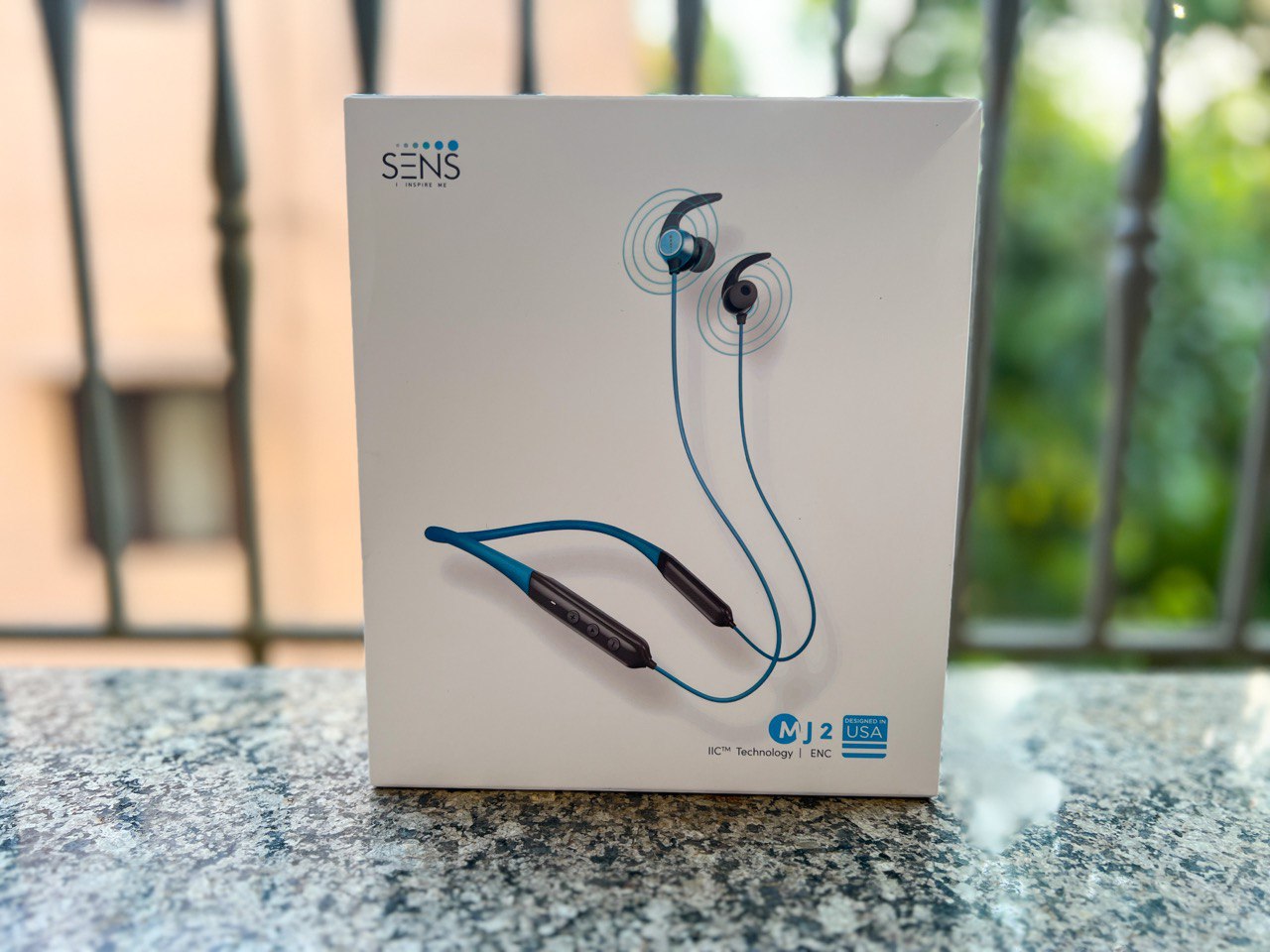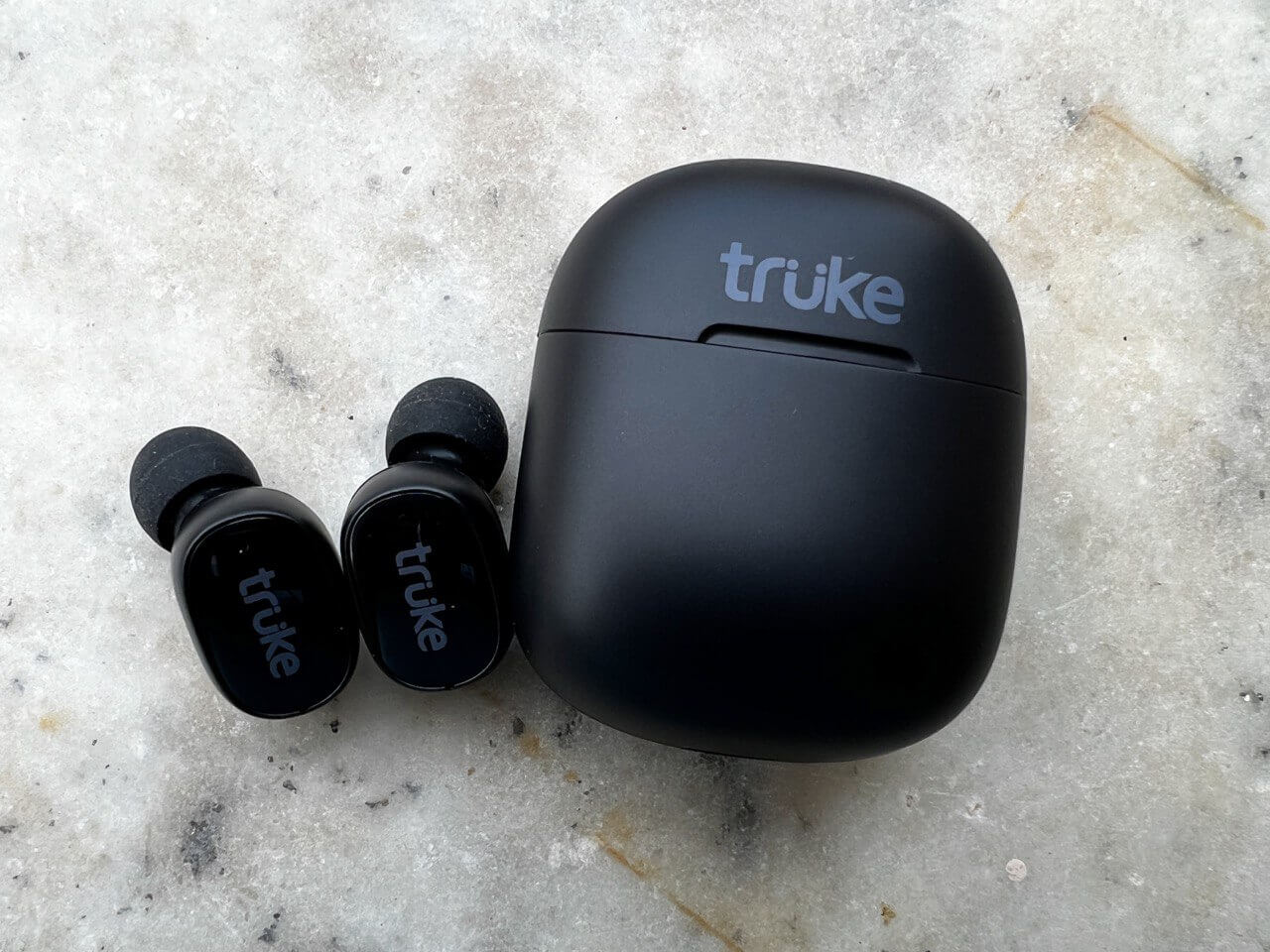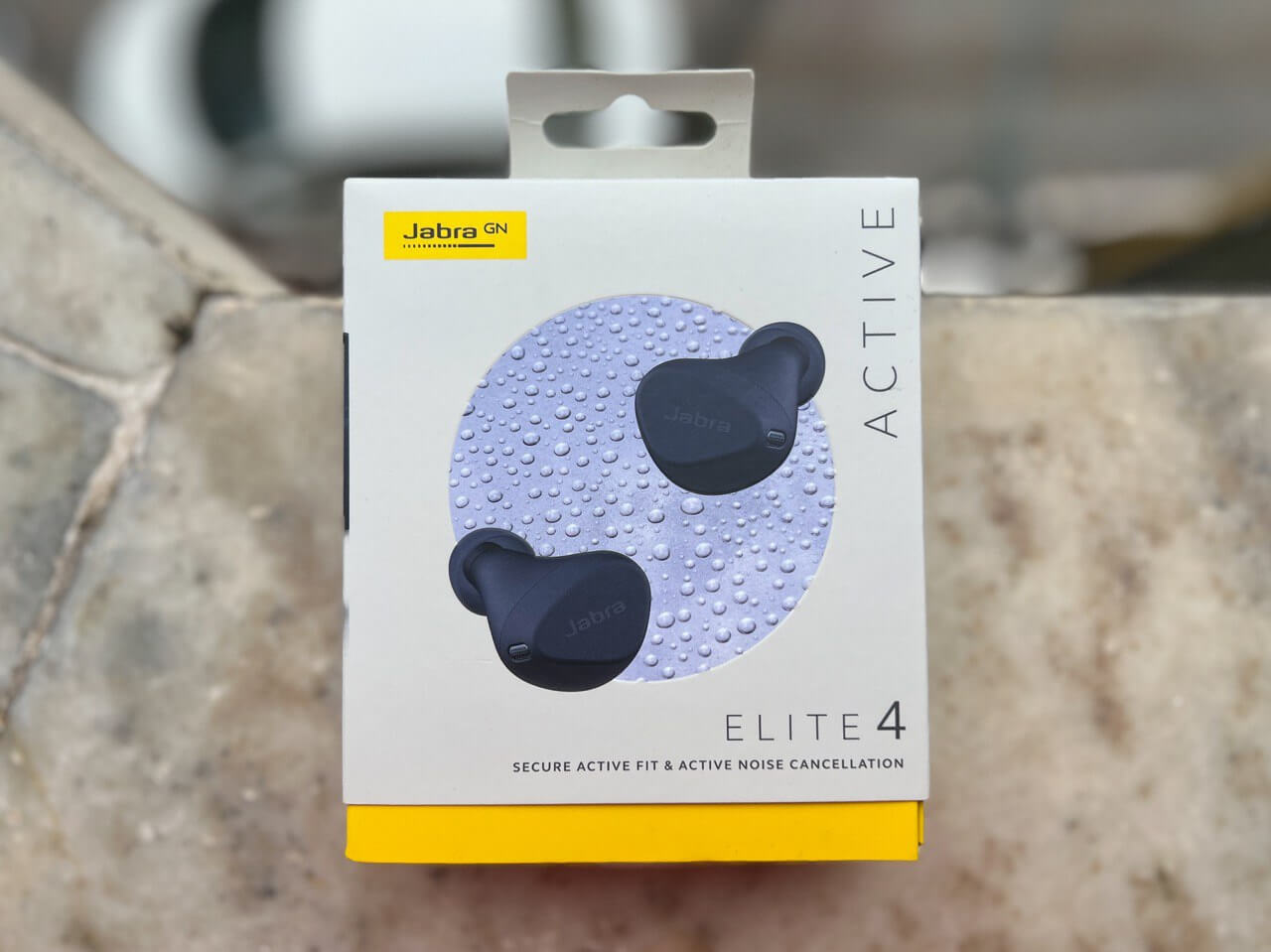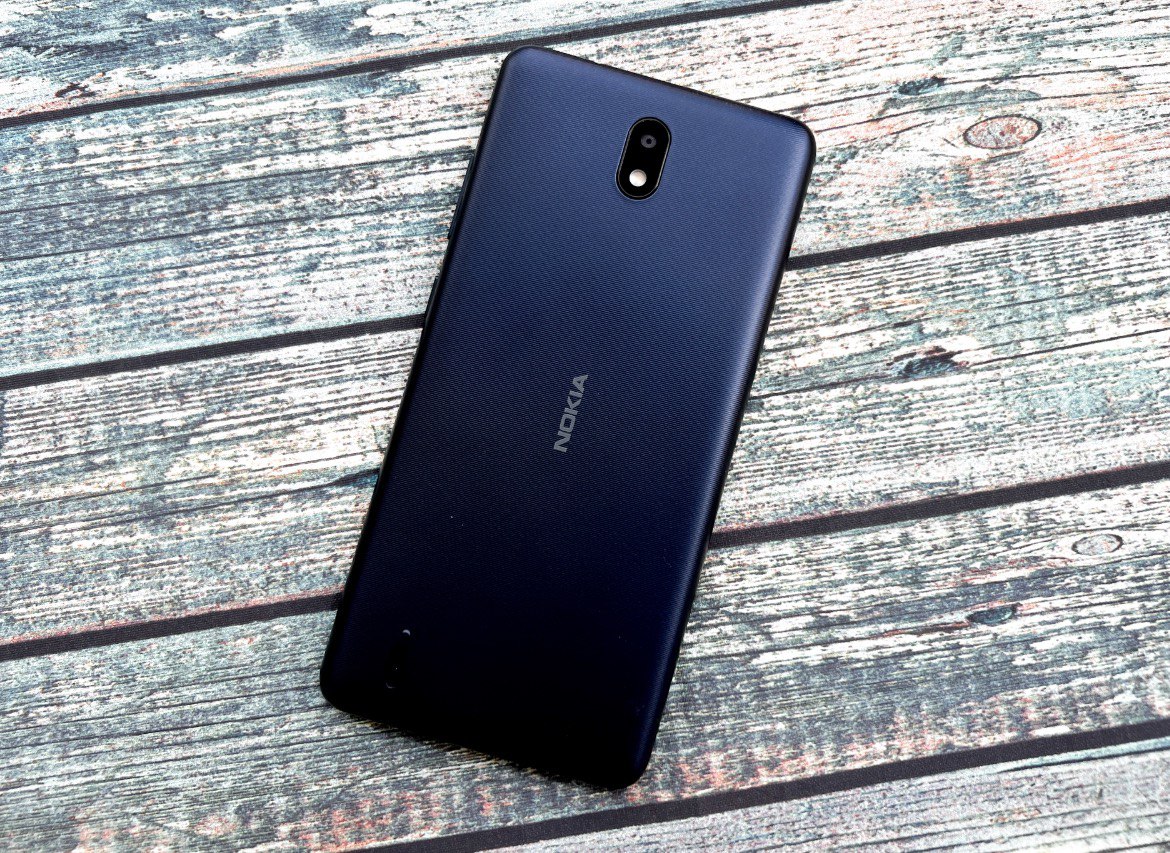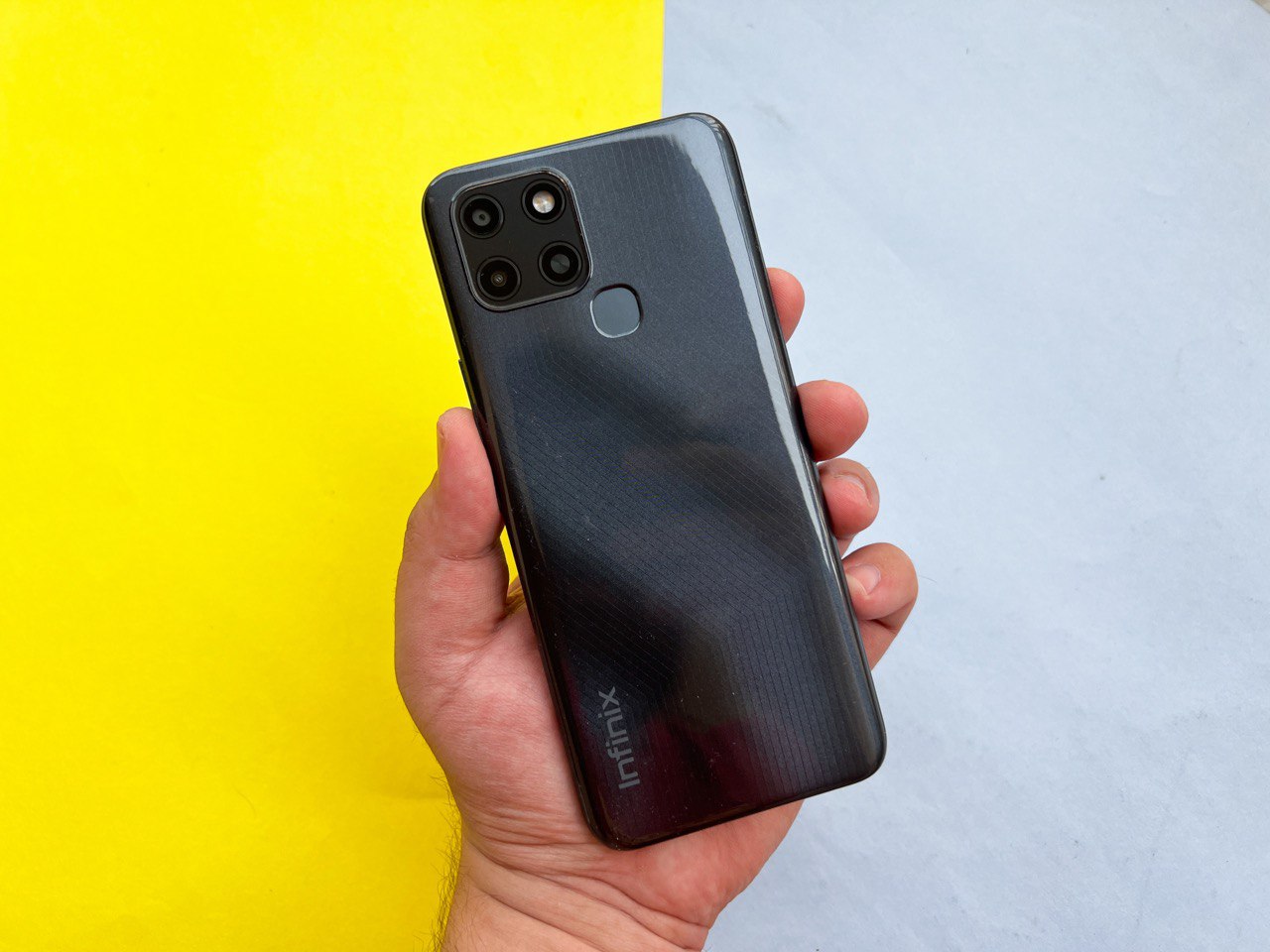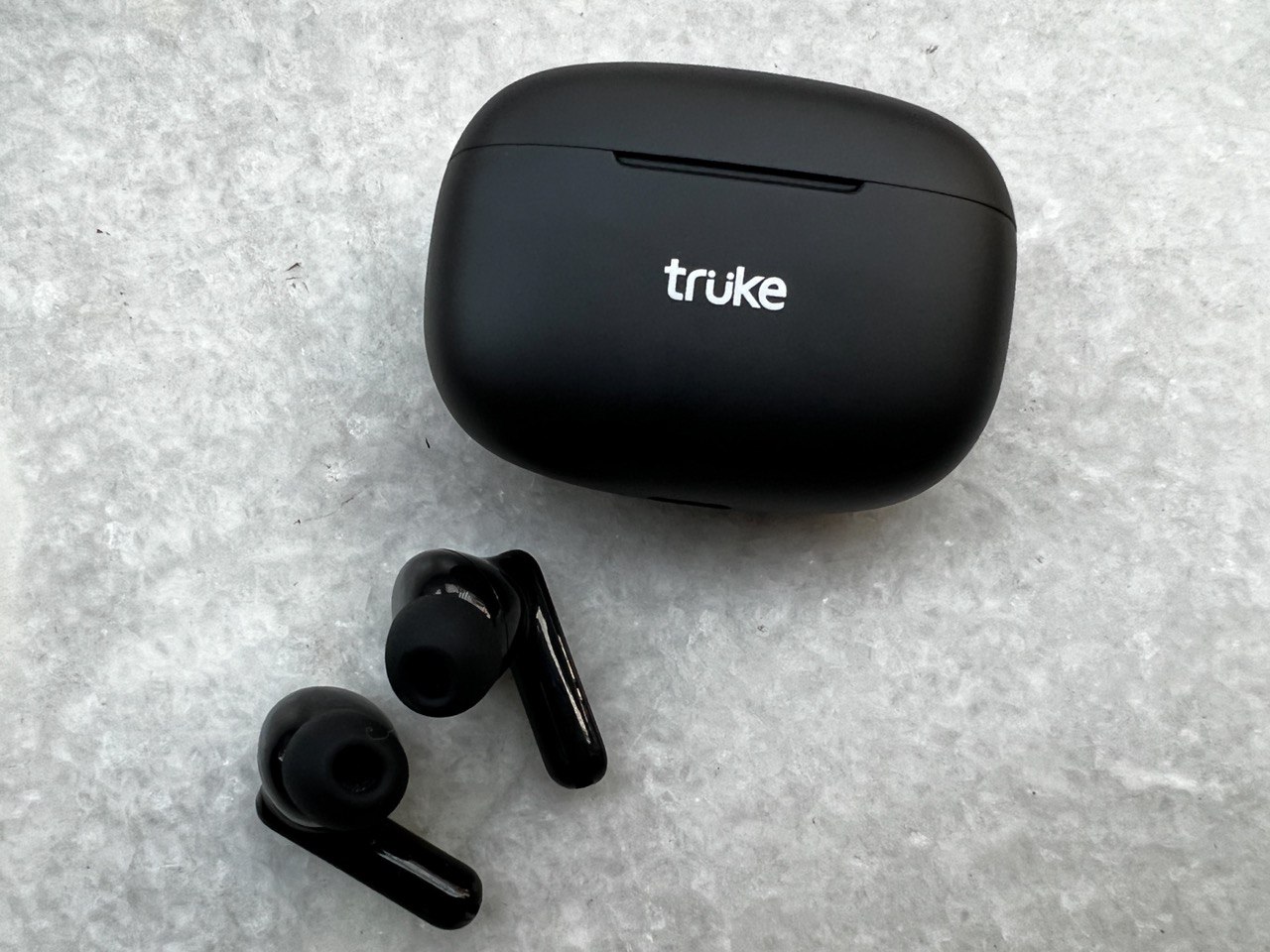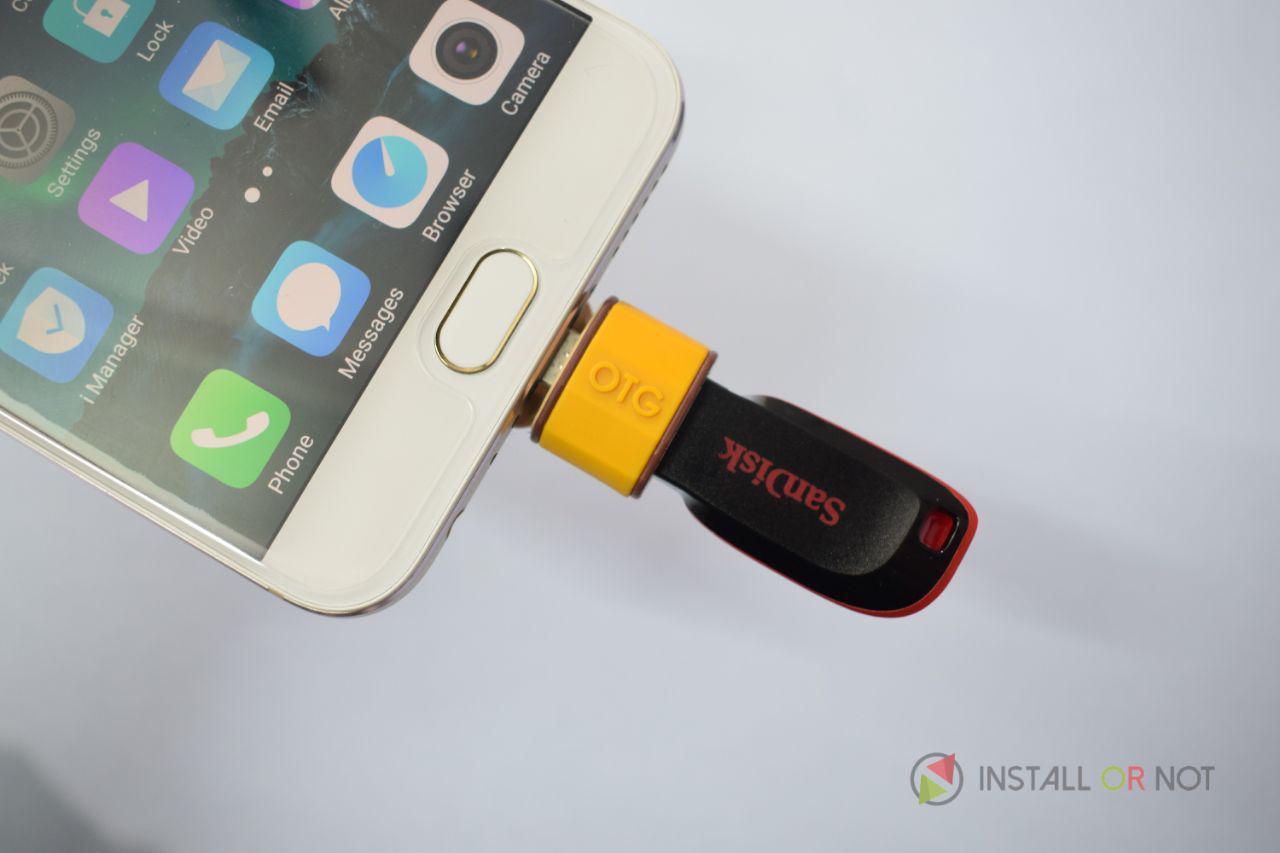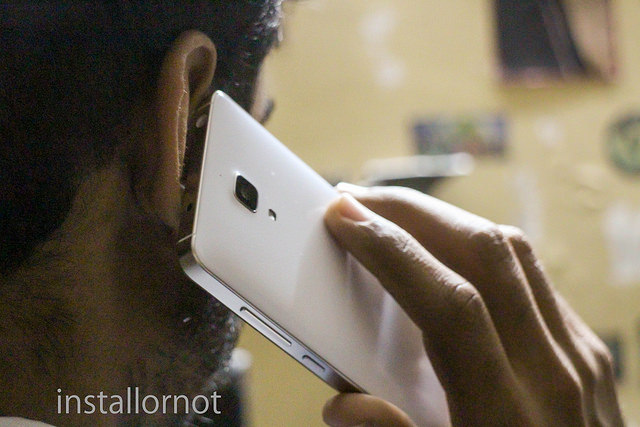
Xiaomi announced its fourth generation Mi flagship smartphone series, the Mi 4 last year in summer. Pretty much the same time when Xiaomi arrived in India and launched the Xiaomi Mi 3. Mi 3 was a fantastic device for the price and sold pretty well in the Indian market. Infact, every week for a month or so, whenever Mi 3 was made available through its exclusive distributer, Flipkart.com 20,000 units were sold out in less than 3 seconds. We had reported about the Mi 4 India launch and posted our first impressions + unboxing video which also has been attached below. Well, thanks to Xiaomi we had a chance to try out the device in person to judge its performance for actual user experience.
Design
Xiaomi Mi 4, which is the fourth iteration in the flagship smartphone series comes with a metal frame for the very first time on a Xiaomi smartphone. The metal frame not only adds to the rigidity but also gives a premium look and feel. We have a heard a lot of compliments from people around about its looks and we too feel the same. The smartphone feels great in hands, ergonomic and aptly weighed. At the launch, Xiaomi showed us how they get that metal frame built from its hardware partners. We were surprised to know the processes involved in getting that rim done but it actually turns out to be a highlight of its build.
The back has a grated pattern on the plastic which though being glossy doesn’t look cheap. The front has most of the space filled with display on the sides as well with the bezel not being too wide. Overall the build feels made of first grade material unlike what it was with Mi 3.
The Xiaomi Mi 4’s back being slippery still has a good hold in hands, thanks to the metal frame which has one more use case here. We feel the smartphone has been designed well keeping the smartphone compact.
Hardware
As you might know, Mi 4 directly takes on the flagship smartphones launched in 2014, with the same hardware specifications. The Mi 4 is powered by a Qualcomm Snapragon 801 chipset with 2.5GHz quad-core processor and 3GB of DDR3 RAM along with high quality NAND storage. Unfortunately it does not supports expandable memory but phew it comes in 64GB model as well. We are reviewing the 16GB white colored handset in our trial period. The handset suports quick charge which is supported by 2A charger and chipset capability filling up 60% charge in less than fourty-five minutes.
The smartphone is equipped with the latest dual-band WiFi 802.11 a/b/g/n/ac controller, Bluetooth v4.0 adapter, GPS, and Infrared transmitter. Yes, it comes with a feature to be used as a remote where ever the infrared transmitter can be put to use. Mi 4 comes with a big 3080mAh battery. Although the user experience has been quite pleasant we still put it under few benchmark tests which gave results in Xiaomi’s favor.
Software
Mi 4 for the first time ever brought the MIUI 6 from tester devices to public visibility. MIUI 6 which is the latest and the greatest MIUI version available out there. MIUI 6 is based on Android 4.4.4 KitKat and plans to be on the same until the latest update Android 5.0.x Lollipop reaches an equilibrium state. We will be discussing MIUI 6 more in a separate blog post dedicated to the software update following soon.
Talking about the MIUI 6 on Mi 4 respectively, we will say it fits in well. As in the small fonts, fancy animations, notification drawer following the flat design pattern looks good. We observed some force close errors at first but it was later fixed with an OTA software update after a month of its launch. The color adjustments have been done wisely in the operating system so that in-spite of being color rich, it’s never too much. There are a few apps bundled similar to what we had on MIUI V5 including security features, clean master, compass, and this phone’s special addition Mi Remote.
Mi Remote is an app developed by in-house engineers that puts the infrared transmitter on Mi 4 to use. Mi Remote is kind of like the LG Quick Remote, Samsung Remote and similar apps which is used to control electrical appliances which can hear infrared. The primarily use case narrows down for it to be used with a television, set-top box etc. The app doesn’t have much options to offer if we look closely apart from changing channels and switching volume. The app works with a pre-defined set covering almost all popular brands which needs to be verified with what frequency they’ll work.
Being on the Android 4.4.4 KitKat, OS seems to be stable and comes with somewhat all the features expected from the Lollipop update.
Camera
Xiaomi has always kept camera on one of the priorities to create a lifestyle product, Mi 4 is no such exception. Mi 4 features 13MP rear snapper 1/3” Sony made sensor and 8MP front-facing camera both having f/1.8 aperture. This said Mi 4 will also be one of the best selfie cameras after Gionee Elife E7.
The camera app on the MIUI 6 is also leap ahead from the previous app on MIUI V5. The app has built-in advanced camera mode which apart from using filters can also allow manual controls. The camera app has 12 different filters and 8 different shooting modes inclusive of Panorama, Audio, HDR, Refocus, and Manual. The smartphone is capable to shoot 4K, slow motion (upto HD) and HDR (both in full HD and 4K!!) videos @30fps.
Videos turn out to be pretty good but the noise levels in images were sometimes higher than expected. The video stabilization feature worked quite well too but reduced the field of view much smaller. Below are attached some of the sample pictures we clicked during the time of our review.
Performance
Xiaomi at the launch just launched the 16GB variant which had two drawbacks from the closest competitor, the OnePlus One. 16GB for a flagship model is too less forget external media your phone won’t be able to survive the images and videos you take with its camera and without the external SD card support this was a big layback for prospective buyers. At the launch event, when we asked why didn’t it got the microSD card slot if the on-board memory was supposed to be kept this, and the reason some design decisions made it look unfeasible. Second, was LTE support though we know its still early to call it even a deal breaker but hey my job is to compare the smartphones. I had to point this.
Xiaomi Mi 4 is an excellent device nonetheless. The 5-inch full HD LCD IPS OGS display with Gorilla Glass protection and phenominal color reproduction capability makes it one of the best out there. The camera undoubtedly should be considered one of the pros of this handset being used soo much nowadays. Xiaomi also launched a 64GB variant in India later which handled the rejections to why shouldn’t you choose Mi 4 over others. Top notch specifications with stable and fancy operating system provides an experience which deserves an applause and in all at a very competitive pricing.
Conclusion
Xiaomi Mi 4 is already available for sale in India through Flipkart.com in both 16GB and 64GB models in white priced at 19,999 and 23,999 respectively. We personally believe this is one of the best smartphones to buy at this price coming close to OnePlus One. One great thing about the smartphone is being on a stable Android version, the smartphone runs for a complete day on a single charge even for power users. OnePlus One looks like a better deal and somehow is but it drops down to personal choice here, 5.5-inch display over 5-inch, LTE or not, yada yada. We will try to do a showdown between the two to prove above mentioned statement. In short, 4.5/5 for missing out LTE and microSD card because we like to play a critic.
Pros:
- Brilliant Price
- Good Display
- Decent Camera
Cons:
- No LTE
- No microSD card slot
[easyreview title=”Install or Not Scorecard” cat1title=”Hardware” cat1detail=”” cat1rating=”4.5″ cat2title=”Performance” cat2detail=”” cat2rating=”5.0″ cat3title=”Design” cat3detail=”” cat3rating=”4.5″ cat4title=”Value for Money” cat4detail=”” cat4rating=”5.0″]

